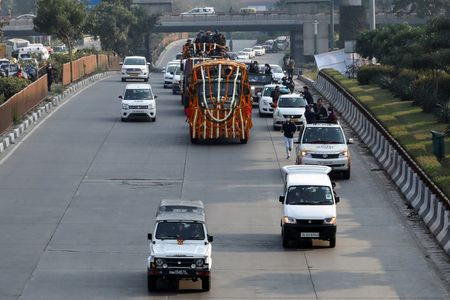
People’s General Bipin Rawat laid to rest with full military honours

NEW DELHI (Reuters) – India’s CDS, General, Bipin Rawat, was cremated in New Delhi on Friday with full military honours, including a 17-gun salute, two days after he, along with his wife Mrs Madhulika Rawat and 11 armed forces personnel died in a helicopter crash in Coonoor in Tamil Nadu.
General Rawat, India’s first Chief of Defence Staff (CDS), who led one of the world’s largest armed forces, and his entourage had been flying to DSSC, Wellington in Nilgiri Hills on Wednesday when their helicopter came down in heavy fog. Only one person, Group Captain Varun Singh survived the accident who is battling for his life at Commanf Hospital, Bengaluru.. The Indian Air Force has commissioned an inquiry into the incident.
Hundreds of soldiers escorted the carriage bearing the 63-year-old general’s body on its final journey through India’s capital. A dozen senior military officers had earlier kept a vigil while his body lay in state at his home.
Onlookers showered flowers on his coffin during the procession, and dozens holding the Indian flag ran alongside the carriage, some shouting “Vande Mataram”.
The bodies of General Rawat, his wife and 11 defence personnel who also died in the crash were brought to New Delhi late on Thursday, where Prime Minister Narendra Modi and others laid wreathes before the flag-draped coffins. “India will never forget their rich contribution,” Modi said.
Many foreign dignitaries including senior military officers and diplomats were present to attend the last rites of the General and his wife at Brar Square where the cremation took place.
‘CLEAR-HEADED’
PM Modi had handpicked General Rawat, a decorated general, as CDS in late 2019 with a mission to reorganise India’s army, air force and navy into a single, modern force with U.S.-style joint theatre commands. The CDS’s untimely death comes at a critical time for India, which is embroiled in a months-long standoff with China along parts of their shared border. Tensions also remain high on India’s heavily-militarised frontier with arch-rival Pakistan, which is involved in state sponsored terrorism in Indian UT of Jammu & Kashmir.
“Clear-headed and plain-spoken, Gen. Rawat became India’s public face on China’s aggression,” said Brahma Chellaney, a specialist on India-China ties. “Filling the void won’t be easy.”

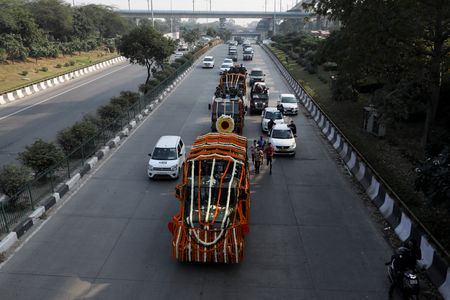
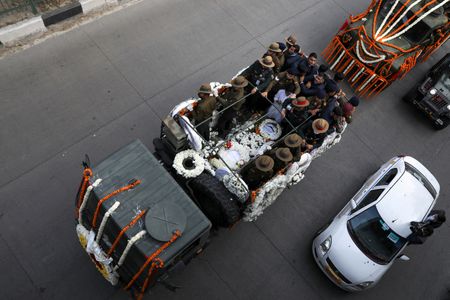
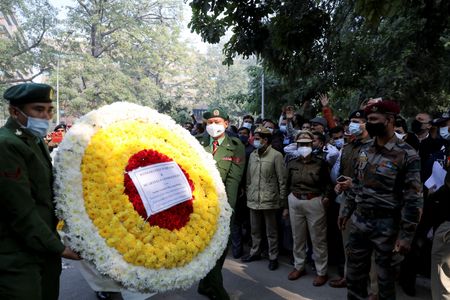
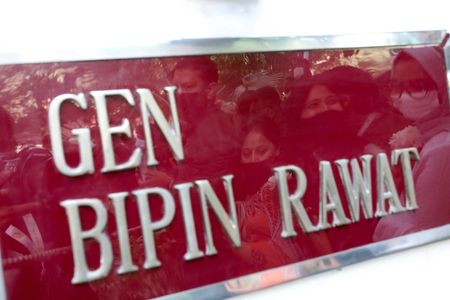
















POST COMMENTS (0)